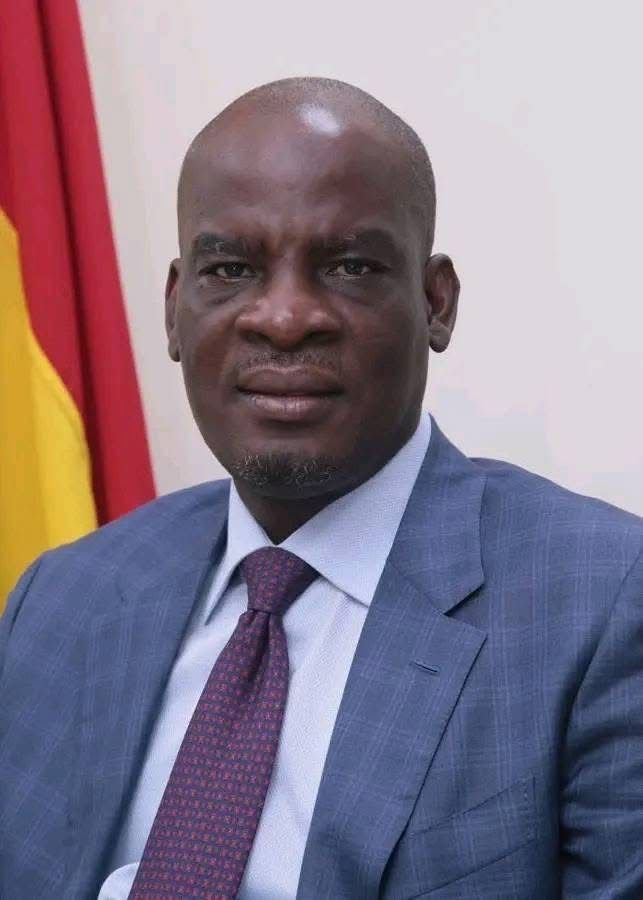By: Alhaji Alhassan Mbalba – Former Chairman of NDC-UK/Ireland Chapter

Urie Bronfenbrenner, a Russian-born American developmental psychologist, noted, “If the children and youth of a nation are afforded the opportunity to develop their capacities to the fullest… then the prospects are bright. In contrast, a society which neglects its children… risks eventual disorganisation and demise.”
This quote has guided Ghana’s efforts to create a suitable educational systems and policies since independence.
The previous government’s decision to introduce licensing exams for teachers, though well-intentioned, was a misplaced priority and unlikely to achieve the desired outcome.
It is worth learning from other countries.
How Teachers Enter the Profession in the UK
– Route 1: A four-year Bachelor’s Degree in Education with practical classroom teaching.
– Route 2: A Postgraduate Certificate in Education (PGCE) for those with a first degree.
– After qualifying, teachers work under a mentor for a year in a paid school position to gain Qualified Teacher Status (QTS). The mentor can recommend withholding QTS if competencies are not met.
The teaching profession requires more than academic ability; performance in real work settings determines competency. Licensing exams may not effectively distinguish between “bad” and “good” teachers, as incompetent teachers might pass exams while competent ones might not.
To boost teaching quality, considering the UK’s system could be a viable option for Hon Haruna Iddrisu and other stakeholders.

By: Alhaji Alhassan Mbalba – Former Chairman of NDC-UK/Ireland Chapter





























